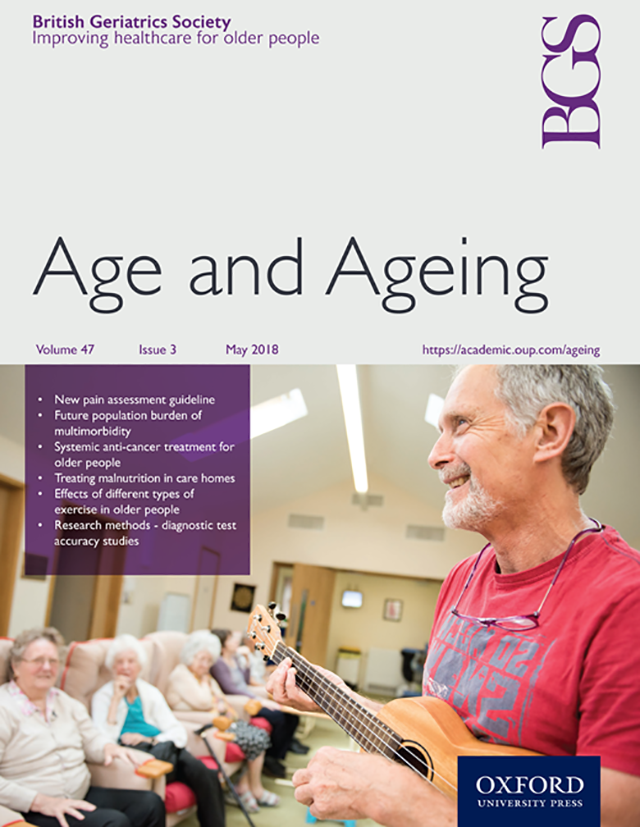The World Health Organization (WHO), in collaboration with Age and Ageing, the journal of the British Geriatrics Society, has released a Special Issue on Measurements of Healthy Ageing. This Special Issue brings together the work of international professionals and experts from over 40 academic institutions, to identify the best available tools to measure what truly matters to older people – their intrinsic capacity and functional ability.
The global demographic shift towards an ageing population presents unique challenges and opportunities, with the number of people aged 60 and over expected to double by 2050 to nearly 2.4 billion. Although people are living longer after the age of 60, the average length of time someone can expect to live in good health has not improved in many countries. This means more people are spending their older years in poor health or with disabilities. The collection of articles in this issue is a timely reaction to the growing need for greater knowledge and understanding about healthy ageing.
The biggest challenge in measuring healthy ageing has been the wide range of ways to collect and analyse data. The publication of this
Special Issue on Measurements of Healthy Ageing will help to ensure that measurement concepts are clearly defined and offer a route to greater harmonisation of measurement approaches.
As Dr Anshu Banerjee, Director of Maternal, Newborn, Child, Adolescent Health and Ageing at WHO, explains:
The Special Issue on Measurements of Healthy Ageing is more than just a repository of novel research; it also serves as a call for collective action to ensure that the needs and voices of older people are recognised and met in healthcare policies and systems. It features the experiences and perspectives of older people from around the globe, presenting a holistic understanding of healthy ageing and inspiring further conversations and research to improve the quality of life of older people.’’
The partnership between WHO and Age and Ageing journal marks a significant step towards changing the global perception of ageing and addressing knowledge gaps on measurement. By understanding and addressing the unique needs and abilities of older people, societies can progress towards a world where everyone ages with dignity and fulfillment.



